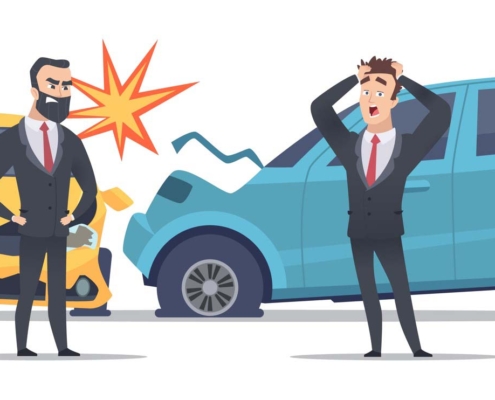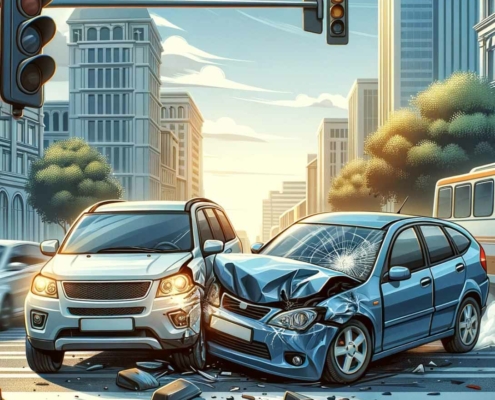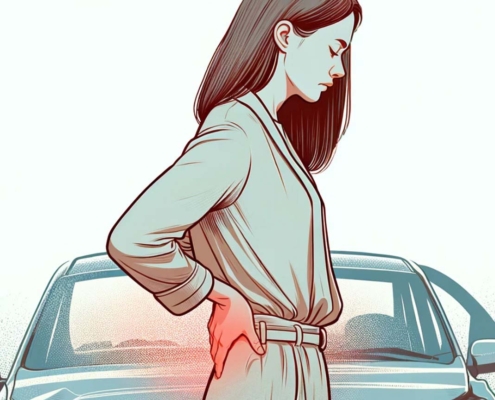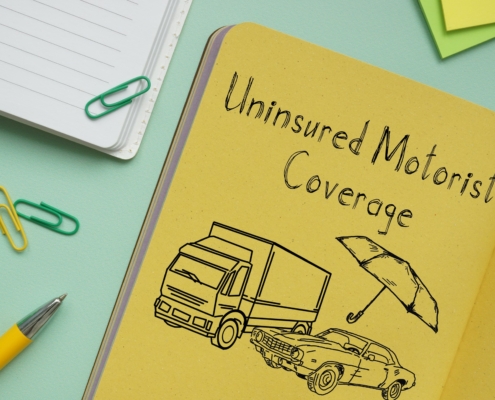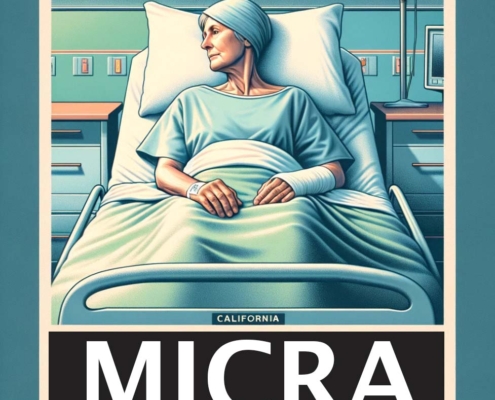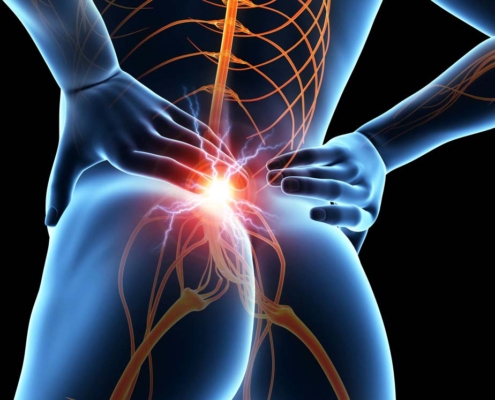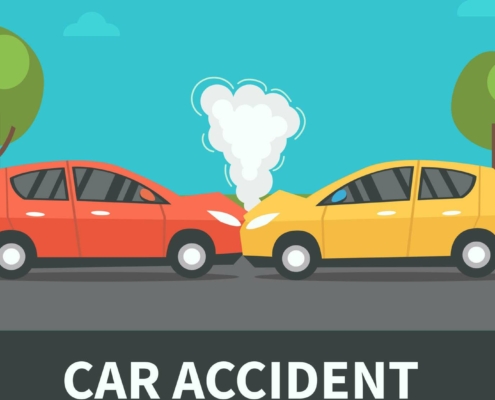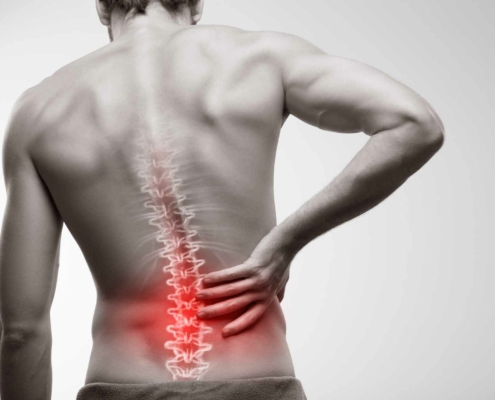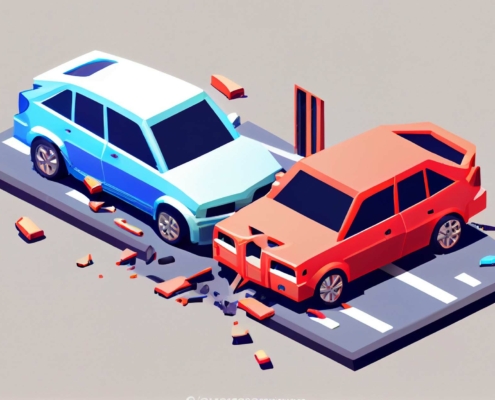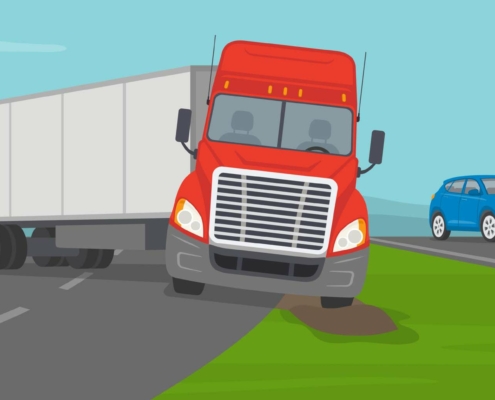What is the best treatment for spinal injury?
Treatment for spinal injury includes a soft neck brace collar. Diskectomy is surgery to relieve pain by removing the part of a spine’s disk with its soft center pushing out through the tough outer lining.
By Brad Nakase, Attorney
Email | Call (888) 600-8654
Understanding the areas of the back
The human back can be hard to understand with its networks of tendons, muscles, and ligaments, as well as the vertebrae, discs, and spinal cord.
To understand the back better, you must first understand each part. Vertebrae are the bones in your back, and they have an opening that allows the spinal cord to pass through. Facet joints can be found above and below each vertebra.
Disks function as cushions between each vertebra. These allow for the shock to be absorbed more easily.
Finally, the spinal cord is the most crucial part of your back. The spinal cord is a long bundle of nerve fibers connecting almost every body part to your brain.
The spine itself can be divided into these sections:
- C1-C7: Cervical vertebrae located in the neck area
- T1-T12: Thoracic vertebrae located in the upper back
- L1-L5: Lumbar vertebrae located in the lower back
- S1-S5: Sacrum vertebrae located below the lumbar and are naturally fused
- Coccyx vertebrae, or the tailbone, is also fused
Depending on how forceful the impact was in the accident, various parts of the back can be injured.
Because the spinal cord runs through the entirety of your back, back injuries can cause an immense amount of pain and possibly even disability. Spinal cord injuries include:
- Herniated Disks: As stated, disks are the cushions found between the vertebrae. When a car crash occurs, these disks can ‘slip’ or rupture, causing disk herniation. When a disk ruptures, it causes the inner cartilage to protrude. Slipped discs are caused by a disc being squeezed or pushed out of its natural position. When this occurs, pressure is placed on the spinal cord and nerves. Symptoms can include:
- Numbness
- Tingling
- Weakness
- Pain in arms, back, or legs
- Spinal Fractures: Abrupt force to the back can cause compression and damage the bones. Some common vertebral fractures include compression fractures, transverse process fractures, distraction fractures, and dislocation fractures. Burst fractures are caused by severe compression that causes the vertebrae to splinter and sends shards into the surrounding tissue. Symptoms of a spinal fracture include:
- Pain
- Swelling
- Numbness
- Tingling
- Facet Joint Injuries: Facet Joints support your body’s weight and work with the disks to control body movement. They have a large concentration of nerves that can cause immense pain when injured. The most common symptom of a facet injury is muscle spasms.
- Whiplash: Whiplash is caused when the body is jerked violently backward and forward. This action can cause neck injuries and, in turn, injure your back. Common symptoms include:
- Pain in the neck and/or back
- Stiffness in neck and/or back
- Blurry vision
- Dizziness
- Fatigue
- Headache
- Soft Tissue Injury: In an accident, your ligaments, tendons, and muscles can stretch or tear. Symptoms of soft tissue injuries include:
- Stiffness
- Swelling
- Pain
Diagnosing and treating back injuries
After an accident, your doctor will examine and evaluate your back. They will look specifically at how you can sit, stand, bend, lift your legs, and walk. You must inform your doctor that you were in an accident so that they can look for these things. Depending on the doctor’s findings, they will send you home to rest or order additional tests. If the diagnosis is severe, you should contact a personal injury in San Diego to help you get compensation for your spine injury.
Frequent tests done for back injuries
X-Rays: X-rays are used to identify bone fractures and spinal misalignments.
- Magnetic Resonance Imaging (MRI): An MRI is used to assess the extent of spinal misalignment. It also identifies how severe damage is to the spine, herniated discs, and nerve damage.
- Computer Axial Tomography (CT Scan): A CT scan is used to identify the disk and spinal cord damage. It is often used to assess cartilage and fluid damage when ruptured disks occur. It can also measure the degree of a fracture to vertebrae.
- Electromyography (EMG): A nerve study test can confirm whether or not herniated disks or a narrowing spinal canal causes nerve compression.
Medical/Surgical back treatments
When treating car accident victims first, doctors use non-invasive methods to reduce pain and improve movement. Most doctors start with medications that reduce pain, back spasms, and swelling.
Commonly prescribed medications
Pain Relievers: Over-the-counter medications such as ibuprofen, Motrin, or naproxen sodium (Aleve) may be used. These medications help to reduce pain and swelling. Your doctor may order specific strengths of these medications for you to take.
- Muscle Relaxers: If necessary, your doctor may order muscle relaxers. A common side effect of muscle relaxers is drowsiness.
- Narcotics: Opioid medications may only be used briefly and under supervision because of their addictive properties. However, narcotics are not suitable for lingering or severe pain.
- Topical: Topical treatments such as creams, lotions, or ointments can be rubbed on the painful area. Patches are also available to cover a large area of your back.
- Injections: If medications don’t do the trick, doctors may treat back pain with cortisone injections in the space surrounding the spinal cord. This treatment allows for inflammation to decrease around the nerves.
Physical therapy and exercise
For mild injuries such as strains, sprains, and tearing, doctors will advise you to get rest, go to physical therapy, and practice gentle exercises. Most of these injuries will heal within a month.
Alternate back treatments
There are alternative treatment options that will help to receive symptoms in a non-invasive manner. However, be wary that insurance companies are not usually keen on paying for alternate treatments. Alternate treatments can include:
- Chiropractic Care
- Massages
- Yoga Sessions
- Acupuncture
Surgical options
- Laminectomy: During this surgery, the surgeon will remove a small portion of the damaged vertebrae, or lamina. They will also remove damaged disk materials such as fluid or cartilage to relieve pain and discomfort.
- Kyphoplasty and Percutaneous Vertebroplasty: This surgery involves using a small balloon-like expander. The surgeon inserts this expander into the disk area between the vertebrae. The surgeon expands the balloon so that they can inject a stabilizing agent. This procedure allows the vertebrae to become more durable.
- Endoscopy: This is a minimally invasive surgery in which the surgeon inserts a small tube with a camera attached to the vertebrae. The camera allows the surgeon to see and treat pinched or compressed nerves. It also allows them to identify any vertebrae that need fusing.
- Spinal Fusion: Spinal fusion surgery joins two or more vertebrae together. By grafting bone tissue to the damaged vertebrae, it becomes a part of the existing tissue and strengthens it.
- Artificial Disk Replacement: If your disc is severely damaged, the surgeon will replace it with an artificial prosthetic disc.
- Microdiscectomy: The surgeon will remove the damaged disk material that presses against the nerve endings. It will immediately relieve pain.
Pursuing the other driver for compensation
If you currently reside in a no-fault insurance state, file your claim with your insurance even if you were not at fault.
Your injury protection coverage will allow for reimbursement of any costs relating to your injury. This coverage includes medical treatment, chiropractic care, out-of-pocket expenses, or lost wages.
The overall cost of soft-tissue injuries is not to exceed your injury protection coverage limits. However, if you suffer from severe back injuries, you can pursue the other driver for compensation if they were at fault.
If you live in a state where no-fault laws do not limit you, first file a claim for damages with the at-fault driver’s insurance company.
When they say ‘damages,’ it relates to any costs associated with injuries or damage from the accident.
Property damages pertain to car repair, car rental, or car value if it is totaled.
You can also file property damage claims for any items lost or damaged in the accident, such as clothing, phones, etc.
Managing the insurance adjuster
Once you file an insurance claim, you will be provided a claim number and a claim adjuster. You must act professionally whether the adjuster is treating you with overt kindness or horribly.
The adjuster is trained to get things out of you that they may use as leverage against your claim. Be tedious when giving any recorded statement, and never consent to a statement when under medication, angry, or not in the right mind space.
Take careful consideration when signing your medical release papers as well. While adjusters need current medical bills and records concerning the accident, other medical records are not required. You are liable to get a release limited solely to back injury.
Contact a personal injury attorney before moving forward if you are concerned about a personal statement or release.
Once you fully recover from your injury, you can calculate your total claim. Calculate your claim by adding up all your bills and expenses and a reasonable amount for pain and suffering.
Come prepared to back up all of your damages. The adjuster will try to pick apart your claim but stay strong and be persistent.
They won’t just write a check and hand it over. You first must prove that the other driver was at fault for your injuries.
The power of having good evidence
To prove that the other driver was at fault, you need evidence. Some forms of evidence include:
- Police Reports: The police officers who report your accident will have to investigate and write a police report. The report will consist of diagrams of the accident, witness names, tickets, and their opinion of who was at fault. A lot of credibility comes with police reports.
- Witness Statements: Make sure to speak with anyone who has information that can assist in your claim. Write down their contact information and have them write a report on what they saw. Witnesses may have seen the other driver being negligent or heard them admit fault.
- Photos/Videos: Make sure to snap as many pictures and videos of the accident as possible. Photos cannot be discredited. Pictures of skid marks, drivers, traffic signals, and anything else are helpful.
Additional evidence
- Medical Records: Medical bills and records allow for your back injury to be linked directly to the accident. These records can come from the emergency room, your primary doctors, or anyone else you have seen. Make sure any records you receive state that your injury comes directly from the accident. If you had a previous injury, make sure it is distinct.
- Notes: Immediately after the accident, record what you did before, during, and after the crash. Continue to keep track of what you are doing throughout the process. Keep any correspondence you have made about the claim, including those with the insurance company.
When to seek legal assistance
Usually, soft-tissue injury claims can be settled quickly with at-fault driver’s insurance. Your compensation will cover any expenses paid for your injury, whether medical or out-of-pocket.
Each state has its designated deadline, called a statute of limitations. This statute sets a time frame for how long you have to settle a claim or file a lawsuit. Some time limits are as short as a year.
If you have yet to settle or file before the statute runs out, you lose all rights for compensation. You mustn’t wait to seek an attorney.
Severe back injuries, such as ruptured disks, can be expensive and disabling. These injuries should allow for compensation for long-term expenses and future losses.
However, insurance companies are famous for offering low settlements to victims not represented by attorneys. They know that most people neither have the energy nor the time to fight their offer.
There is too much at stake to face the insurance company by yourself. To get fair compensation for your injury, you need an experienced personal injury attorney. It costs nothing to see what an attorney can do for you and your case.
Blog: Business | Corporate | Employment Law
See all blogs: Business | Corporate | Employment
See all blog: Business | Corporate | Employment



